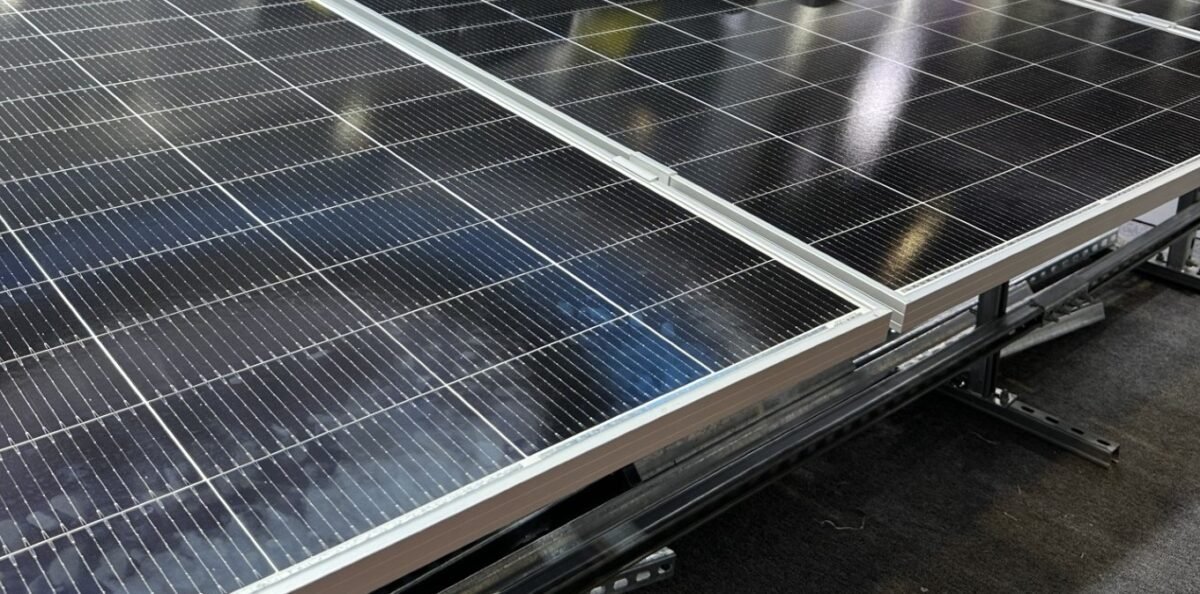SMA Achieves ETSI EN 303 645 Compliance for Solar Security
Cybersecurity is now non-negotiable for solar energy systems. SMA’s recent ETSI EN 303 645 compliance for residential and commercial solutions sets a new industry benchmark for data protection in renewable energy. This move has significant implications for solar professionals.
Why ETSI EN 303 645 Matters for Solar
ETSI EN 303 645 is Europe’s cybersecurity standard for IoT devices, including smart meters and inverters. While solar panels may seem secure, the systems controlling them are prime targets. SMA’s Sunny Boy and Sunny Tripower lines now feature:
- Enhanced encryption protocols
- Secure boot mechanisms
- Tamper detection technology
Upgrading Existing Solar Installations
While new SMA hardware includes built-in compliance, existing systems require firmware updates. Unlike piecemeal security patches, SMA offers comprehensive updates bundling multiple protection layers. This is critical for utility programs like net metering that demand proven reliability.
The Business Advantage of Secure Solar
Cybersecurity incidents can jeopardize entire microgrids. With SMA’s certified solutions, installers can offer both energy savings and peace of mind – particularly in markets like Germany where subsidies require cybersecurity audits. The Beauflor USA rooftop solar array demonstrates how industrial users benefit from hardened security.
Implementation Best Practices
SMA provides backward-compatible updates, though installers should:
- Allocate time for validation testing
- Pair updates with NERC CIP assessments
- Document all security measures
The Future of Solar Security Standards
SMA’s early adoption positions them favorably for municipal solar-plus-storage contracts. Their commercial systems already integrate with platforms like Schneider Electric’s EcoStruxure Grid, making them ideal for critical infrastructure projects. As regulations tighten, SMA’s compliance leadership ensures long-term system viability.






